7 GPTs for Vendor Evaluation Powered by AI for Free of 2025
AI GPTs for Vendor Evaluation are advanced AI tools designed to facilitate the process of assessing and selecting vendors by leveraging the power of Generative Pre-trained Transformers (GPTs). These tools analyze vast amounts of data to provide insights and recommendations, automating and streamlining the vendor evaluation process. By utilizing natural language processing and machine learning, GPTs can understand, interpret, and generate human-like text, making them exceptionally well-suited for tasks that require deep understanding of complex requirements and capabilities in the context of vendor evaluation. Their adaptability and intelligence make them invaluable for businesses looking to optimize their supply chain, reduce risk, and ensure the best possible vendor partnerships.
Top 7 GPTs for Vendor Evaluation are: Third Party Risk Program,CISO Copilot,Third-Party Cyber Risk Assistant,Vendor Risk Assessor,🤝 HR ProcureTech Wizard 🧙♂️,HR Vendor Relations Wizard 🧙♂️📈,Savvy Shopper
Third Party Risk Program
Streamlining Risk Management with AI
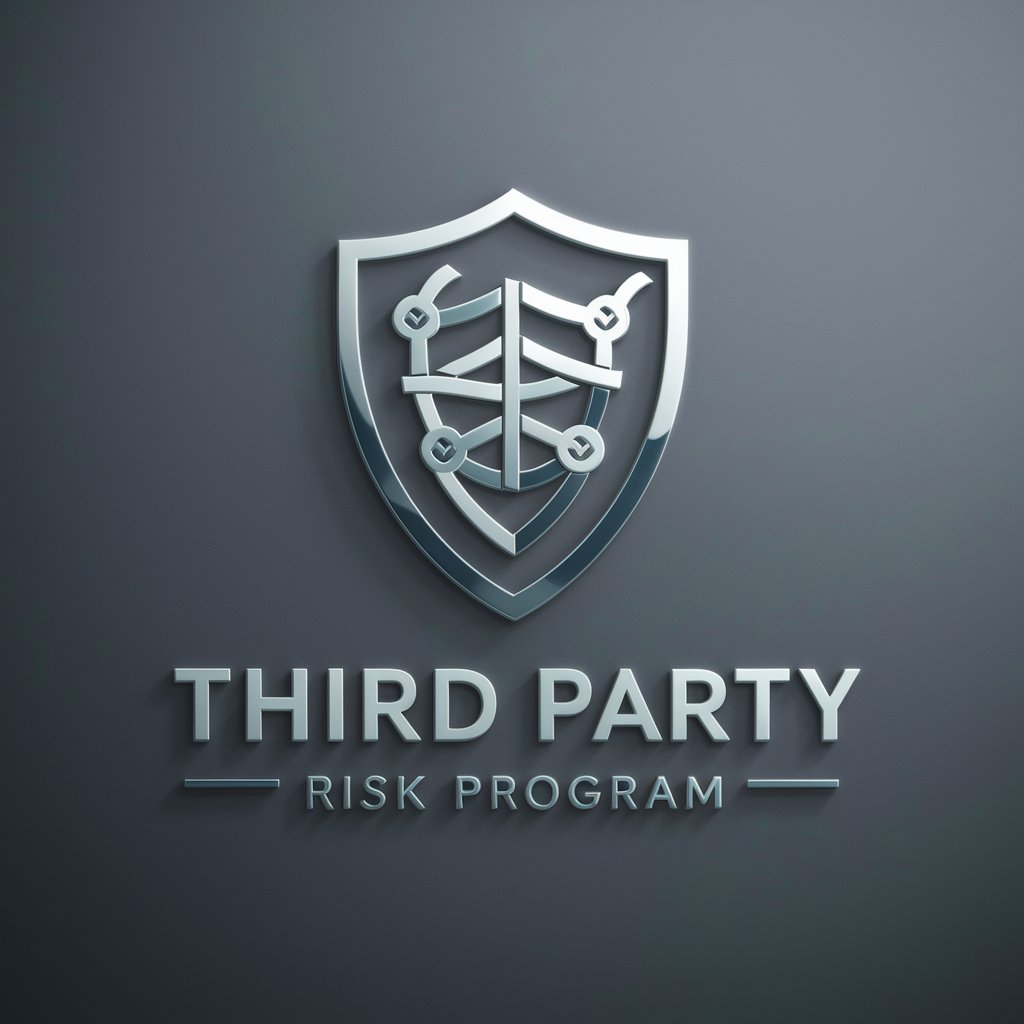
CISO Copilot
AI-Powered Cybersecurity Insight at Your Fingertips
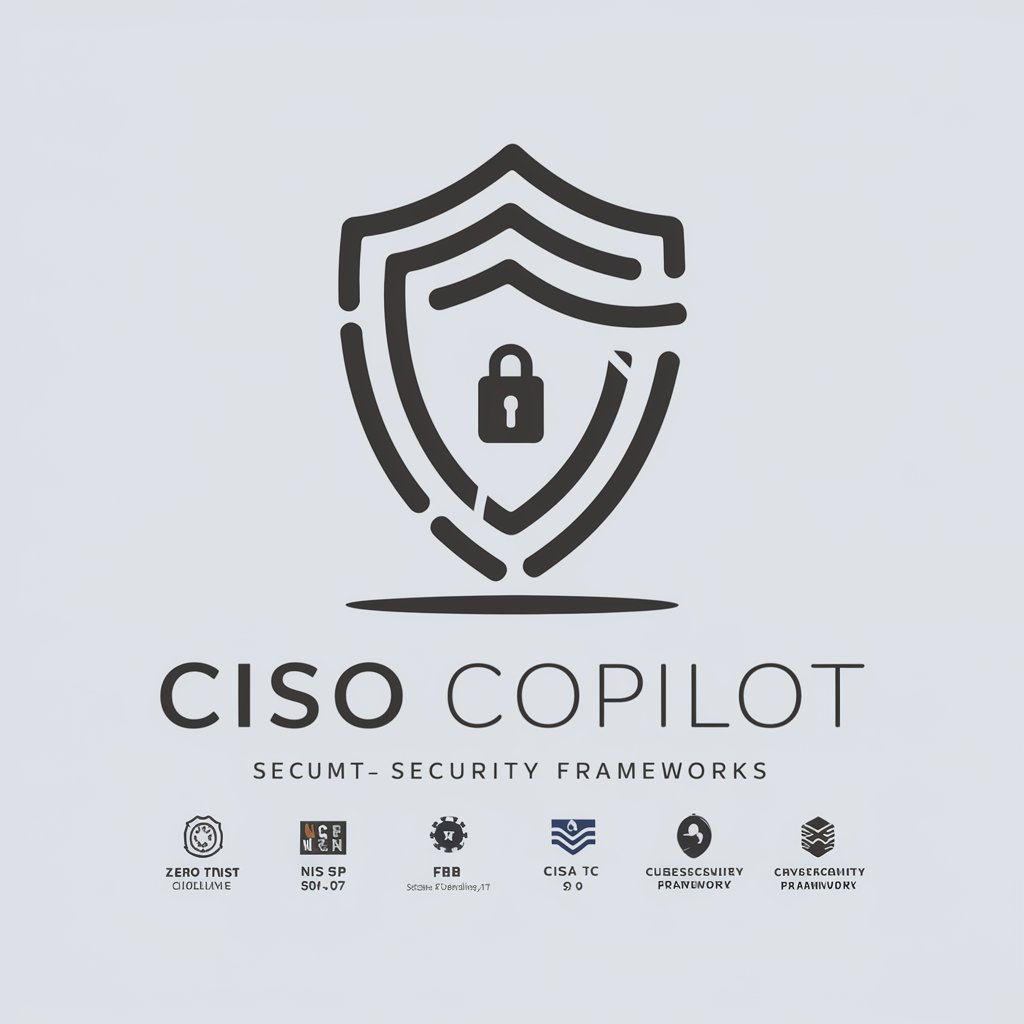
Third-Party Cyber Risk Assistant
AI-Powered Cyber Risk Assessment

Vendor Risk Assessor
AI-Powered Vendor Risk Insights
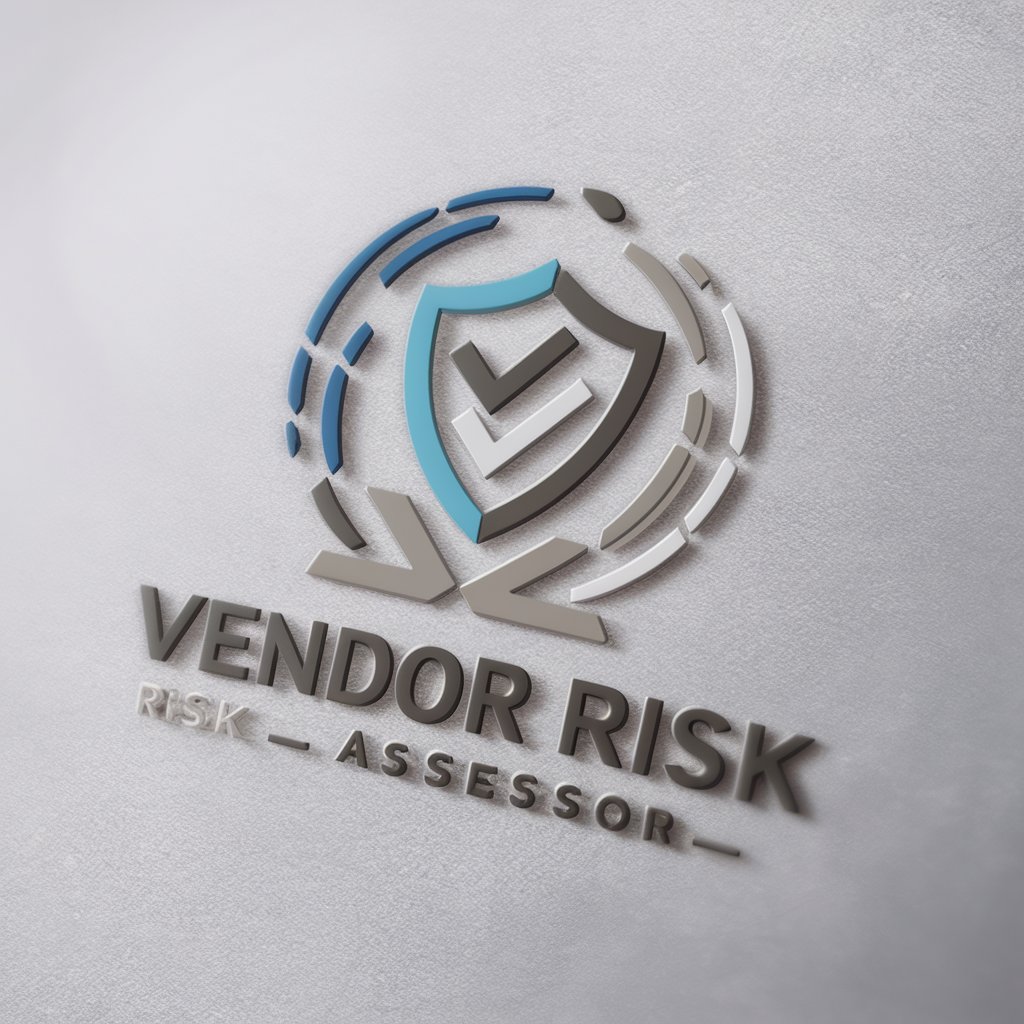
🤝 HR ProcureTech Wizard 🧙♂️
Streamline HR Tech Procurement with AI
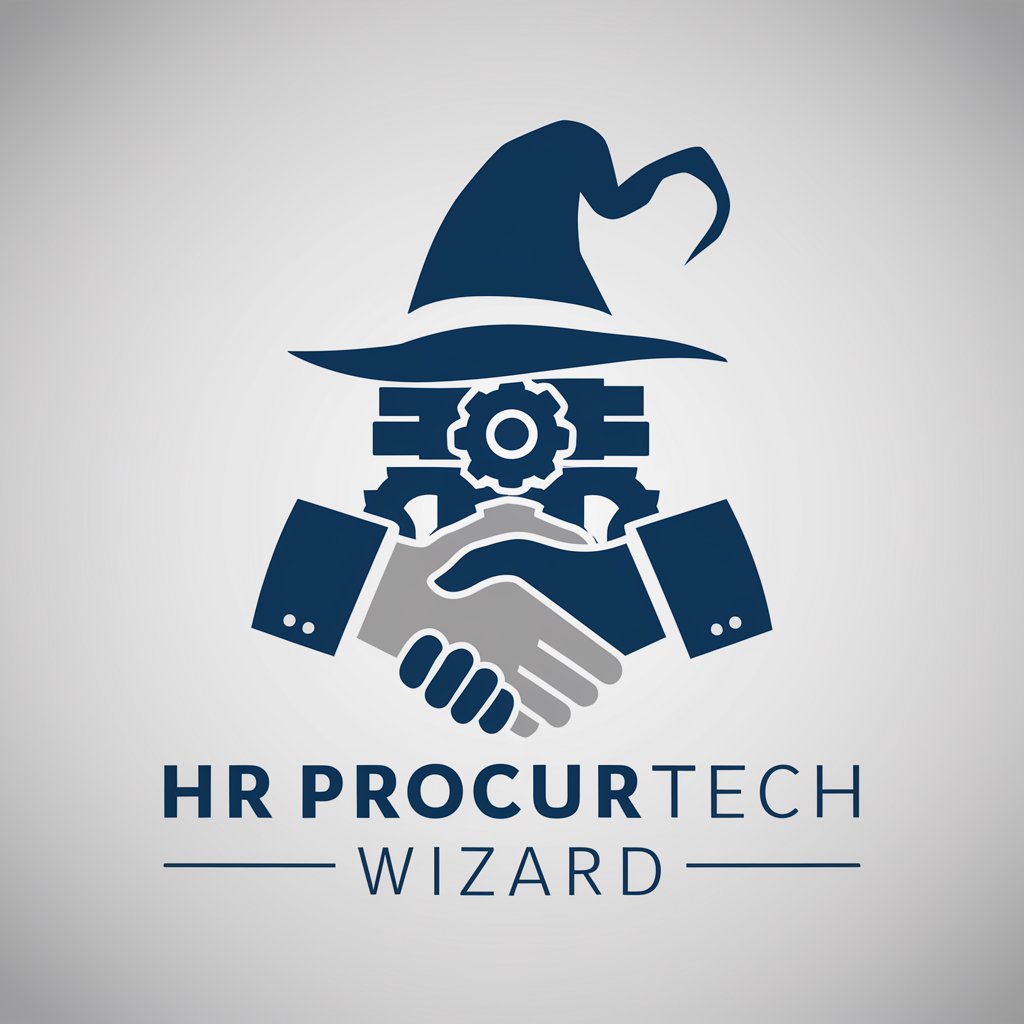
HR Vendor Relations Wizard 🧙♂️📈
Streamline HR vendor management with AI

Savvy Shopper
Smart shopping powered by AI
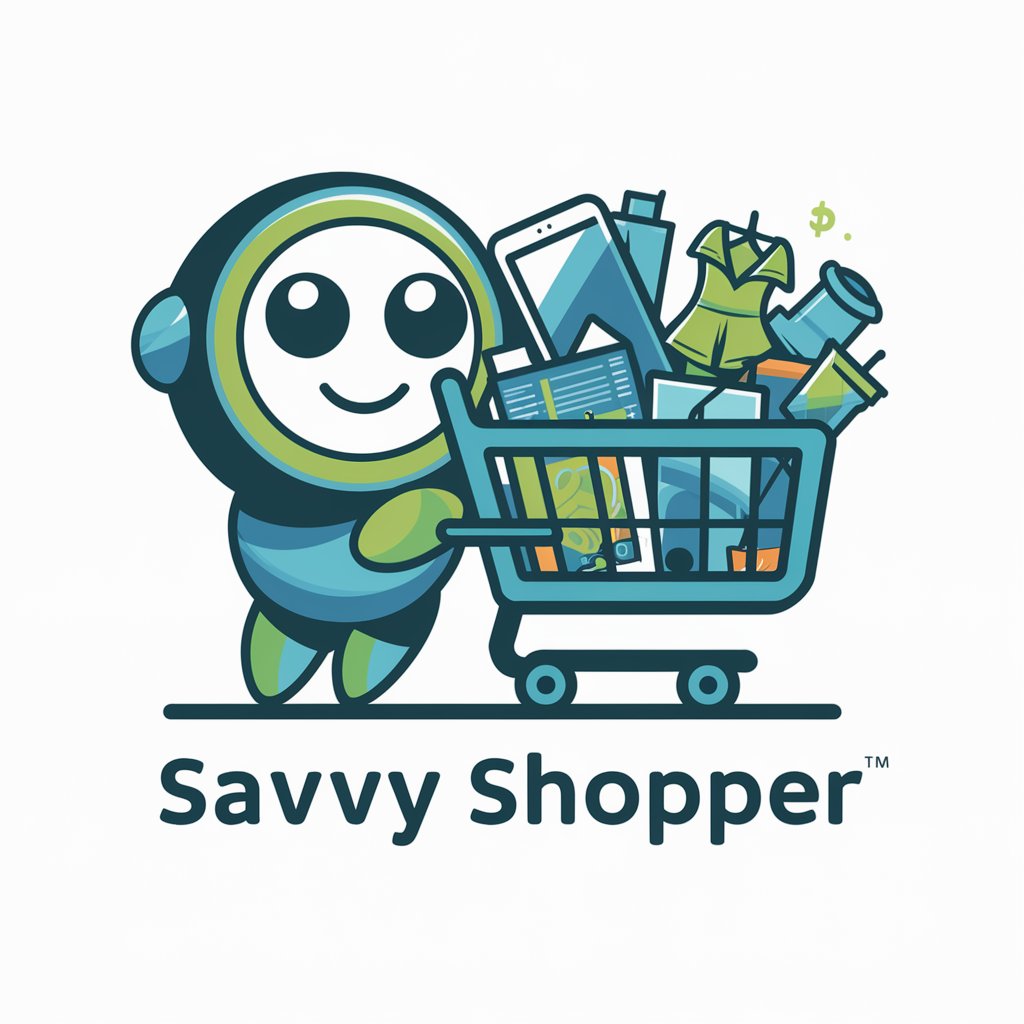
Essential Attributes of AI GPTs in Vendor Assessment
AI GPTs tools for Vendor Evaluation boast several unique features, including the ability to process and analyze large datasets, understand complex queries in natural language, and provide detailed comparisons and evaluations. They can adapt from performing basic vendor checks to executing intricate analyses involving financial health, compliance, and performance metrics. Special features may encompass language versatility, enabling global vendor assessments, technical support for integrating with existing procurement systems, and advanced data analysis capabilities to predict vendor reliability and performance.
Who Benefits from AI GPTs in Vendor Selection?
The primary users of AI GPTs for Vendor Evaluation include procurement professionals, supply chain managers, business analysts, and corporate strategists. These tools are accessible to novices in the field, offering straightforward interfaces and guidance, while also providing extensive customization options for developers and professionals with a deep understanding of both programming and procurement. This dual accessibility ensures that a wide range of users can effectively leverage these tools to enhance their vendor evaluation processes.
Try Our other AI GPTs tools for Free
Risk Monitoring
Discover AI GPTs for Risk Monitoring: cutting-edge tools designed to predict, analyze, and manage risks with unparalleled precision and adaptability.
Halal Cooking
Discover the transformative power of AI GPTs for Halal Cooking: tailored solutions for Halal recipes, dietary guidelines, and culinary exploration, all in one place.
Chinese Cuisine
Discover the world of Chinese cuisine with AI GPTs. Explore recipes, culinary innovations, and personalized cooking insights tailored to your tastes.
Food Festivals
Discover how AI GPTs for Food Festivals revolutionize event planning, marketing, and engagement, offering tailored, efficient solutions for the culinary event industry.
Website Traffic
Discover how AI GPTs can revolutionize your website's traffic with tailored, AI-driven insights designed to boost engagement and performance.
Free Advertising
Explore AI GPTs for Free Advertising: the ultimate tools for creating, optimizing, and analyzing your advertising strategies at no cost. Tailor your campaign with AI-driven content and insights.
Further Exploration into AI-Driven Vendor Selection
AI GPTs represent a leap forward in vendor evaluation, offering customizable solutions across various sectors. Their user-friendly interfaces facilitate easy adoption, while their ability to integrate with existing systems ensures they can enhance current processes without the need for significant changes. As these tools continue to evolve, they promise to offer even greater insights and efficiencies in vendor selection.
Frequently Asked Questions
What exactly are AI GPTs for Vendor Evaluation?
AI GPTs for Vendor Evaluation are AI-driven tools that assist in analyzing and selecting vendors by utilizing Generative Pre-trained Transformers. They automate the assessment process through advanced data analysis and natural language processing.
How do AI GPTs enhance the vendor evaluation process?
They streamline the process by automating data collection and analysis, providing insights and recommendations based on a comprehensive understanding of each vendor's performance, reliability, and compliance.
Can non-technical users operate AI GPTs for Vendor Evaluation?
Yes, these tools are designed with user-friendly interfaces that require no coding knowledge, making them accessible to non-technical users.
How customizable are AI GPTs for Vendor Evaluation?
Highly customizable. They offer extensive options for developers and professionals to tailor the analysis and reporting features to meet specific organizational needs.
Can AI GPTs integrate with existing procurement systems?
Yes, many AI GPTs for Vendor Evaluation are designed to seamlessly integrate with existing procurement and ERP systems, enhancing their functionality without disrupting current workflows.
Do AI GPTs support global vendor assessments?
Absolutely. Their language learning capabilities allow for the evaluation of vendors from different linguistic backgrounds, making global assessments more efficient.
What types of data can AI GPTs analyze for vendor evaluation?
They can analyze a variety of data types, including financial records, compliance documents, performance reviews, and more, providing a holistic view of potential vendors.
Are there any limitations to using AI GPTs for Vendor Evaluation?
While AI GPTs are powerful tools, their effectiveness can be limited by the quality and quantity of available data. Additionally, critical decision-making should always involve human oversight.